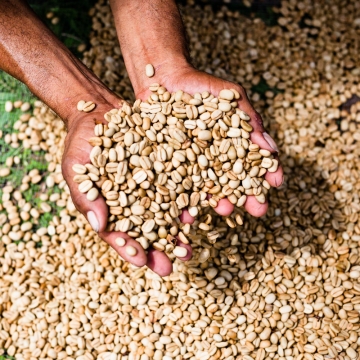Protection of Quality Products with Geographical Indication in Tanzania
The Tanzanian component of the VALOR Project (2014-2018) studied quality factors, traits and conditions with potential to increase value of agricultural products in Tanzania through Geographical Indication (GI) protection, by recognizing territory specific (origin) products stewarded by smallholder. This policy brief summarises the key findings on policy option flowing from the research.

